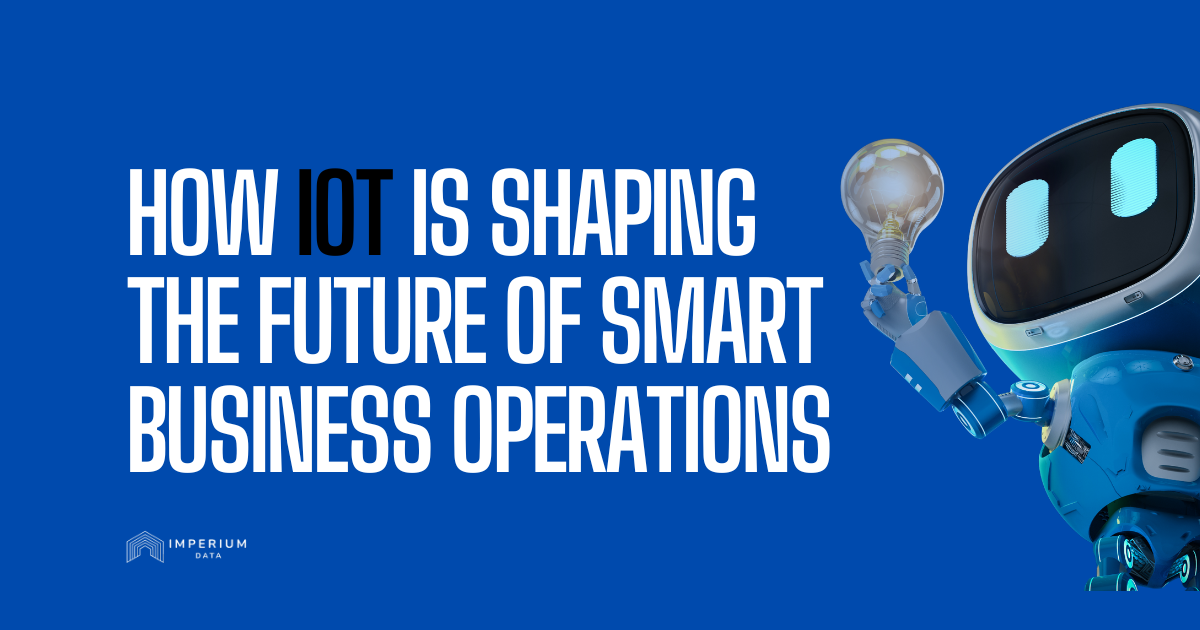Interviewing the right applicant isn’t supposed to be a quick and easy process. If it was, almost anybody could do the job and who you chose wouldn’t be that important.
But that’s not the case, of course. Finding the perfect candidate for your team means selecting the person with the right qualifications, experience, temperament, and personality for that specific job. You’re not just filling a position; you’re finding a new team member, hopefully on a long-term basis. If you’re going to do it right, it will take some time, and you don’t want too few steps in the process.
But what if you have too many steps? What are the consequences of making the process too long? Unfortunately, to avoid not having enough steps and hurting their search, a business can have too many and do just as much damage.
Consequences of a Lengthy Interview Process
When an interview process is too long, it can hurt a company in a variety of ways.
- Time and Money. The longer it takes to find the right person, and the more hoops they have to jump through, the more time your company goes without a working team member. The cost of the hiring process and the opportunity cost in lost productivity while the position goes unfilled only increases as time goes on.
- Employee Confidence. If your team is eager to utilize the new talent, they’ll be interested to know that good candidates are being interviewed. But if it drags out longer than expected, it can be frustrating for everybody. A company’s goals are shared by the team working on them, and if the process makes it harder to meet those goals, it can harm productivity and morale. And the longer it takes, the more negative pressure it exerts on everyone involved.
- Candidate Confidence. The candidate counts as part of the “everyone involved” mentioned above. For the first interview, they might be nervous. For the second, they should be excited. After the third, they’ll understand the position and know the company, and will be eager to get started.
But beyond that point, they might start to question whether the management team believes in them or their ability to make a decision. Their time is valuable, too, and if a potential wonder if it’s being wasted, their interest will wane. Even if your position is the candidate’s first choice, they could start to consider other opportunities, especially if there are solid offers. Candidates lose money by not working, so if the process drags on longer than expected, their own opportunity cost becomes a factor. By the time you finally make a decision, it might be too late, or their confidence in the management team might take a hit, which is not an ideal way to start a working relationship.
The Right Length
So what’s the perfect number of rounds of interviews? In an ideal situation (the company has the ability to wait for the right candidate and isn’t pressured to find someone immediately), the main factor should be the type of position being filled.
It’s appropriate for all candidates to participate in a screening interview. Possibly conducted on the phone or via video, it’s a short introduction to the company, the position, and the candidate. While you won’t find your ideal employee at this step, it will weed out situations where the qualifications aren’t there, the interest isn’t there, or it isn’t a good fit for either side.
After that screening interview, if the opening isn’t a higher-level position, another interview with the relevant team members should reveal a good candidate. A solid first impression would be confirmed, both sides will feel like it’s a good match, and the decision can be made with confidence. Unless there’s a specific reason why it’s necessary, another round of interviews would be overkill and unnecessary.
For mid-level or specialized positions, a second interview is beneficial. At this stage, the candidate gains a deeper understanding of how the company’s workflows, what the real-world expectations and metrics that define success will be, and how they fit into the team both in their department and in general.
The company will also learn more about their work philosophy, how they approach problems and challenges, and how their personality fits with the company’s existing portfolio of talent. If things look good at this point, both sides should have a clear understanding of expectations and opportunities for the position. The potential employee will show their interest and ability, and management should be able to select the right candidate from there.
For management positions or a highly specialized opening, a third interview can make both parties feel truly comfortable with the hire. This process often includes extended time, perhaps an entire day, with the rest of the management team or the members of a specific department. As a more hands-on experience, the hypothetical discussions are replaced by spending time in the actual work environment and the people who contribute to the workflow process.
At this stage, the candidate knows they are a finalist (perhaps the finalist) for the position, and there’s one last opportunity for both sides to ask pertinent questions and get a feel for how the match will work in the busy day-to-day environment the candidate will experience. All considerations regarding compensation packages and work expectations should be resolved, and the only remaining step would be for the company to confirm their feelings about all candidates, and offer the job to someone. If it’s not this particular person, then someone else who has also reached this step in the hiring process.
Further interviews do occur on occasion, but the risk of utilizing too many steps becomes apparent quickly. Unless there is a specific reason for further steps (a sample role-specific task that is imperative to the decision-making process, or a meeting with individuals who could not attend the previous interview due to extenuating circumstances), a business should have enough information to make their decision at this point. Following this interview, the company should also provide a specific timeline for giving the candidate a definitive answer.
If further steps are needed to determine whether the candidate is the right fit for the job, something probably went wrong during an earlier interview. As the hiring process begins, a prepared candidate should be ready to answer all related questions, and the company should be prepared to ask them as well. If the hiring team is still uncertain, previous interview steps were likely not utilized properly. For reasons described earlier, both sides have an incentive to avoid unnecessary delays in making a decision. A hiring team should take advantage of each interview and feel confident in their final choice based on what they learned previously.
Imperium Data Can Help
Because the interview process is so important, it can be a challenge to make the most of every step along the way. Imperium Data has the experience to help guide the process and ensure that your best candidates are revealed with no unnecessary delays. You gain a trusted partner, and both sides gain more confidence in the process. Use our contact page for any questions or assistance.


